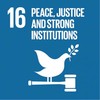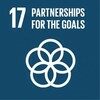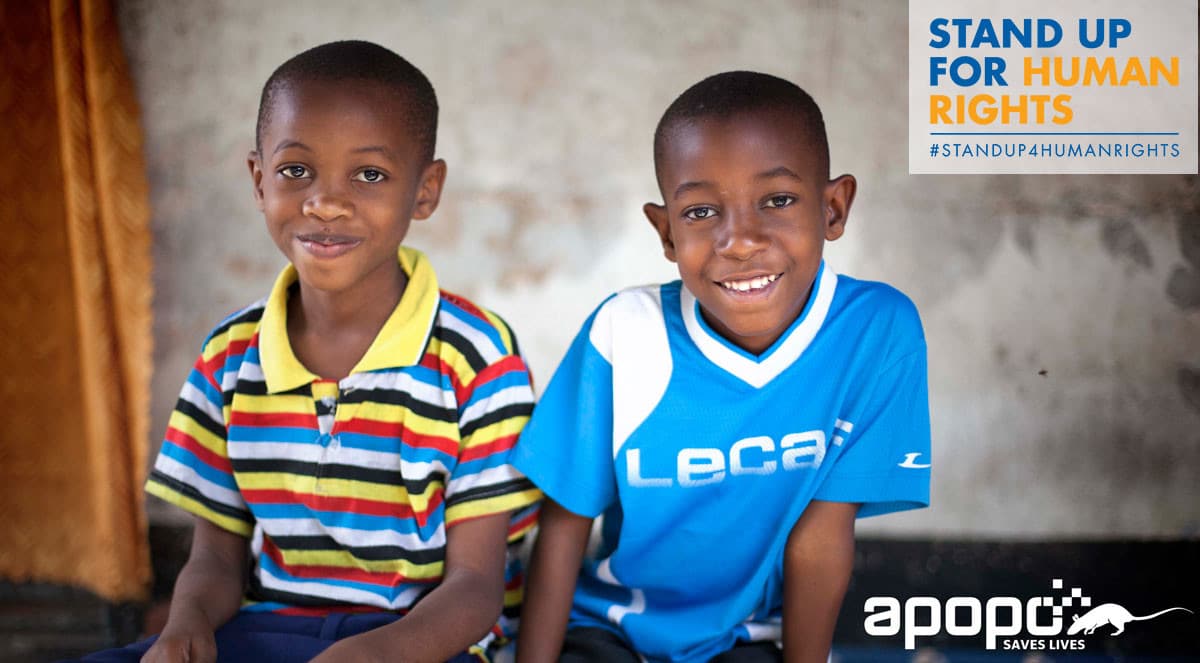
#Standup4HumanRights
Seventy years ago today, the United Nations (UN) chose December 10th as international Human Rights Day and drafted the Universal Declaration on Human Rights. It is a day dedicated to reminding all of us that human rights should be enjoyed by everyone. APOPO’s work is connected to human rights because landmines deprived thousands of people of their fundamental rights, such as safety, security and freedom of movement.
Leftover landmines and explosives still threaten 60 countries around the world. APOPO’s landmine detection rats are too light to set off landmines and are very quick at finding them, making them a good tool for accelerating detection and clearance. When they are integrated into conventional landmine clearance methods such as survey, manual deminers with metal detectors, and mechanical demining, the HeroRATs are proven to significantly speed up land release, helping return safe land to vulnerable communities as quickly and cost-effectively as possible. The speed of the HeroRATs is also a crucial factor in reducing costs and providing TB-patients treatment as soon as possible.
Human rights are at the heart of the Sustainable Development Goals (SDGs), as in the absence of human dignity we cannot drive sustainable development. Human Rights are driven by progress on all SDGs, and the SDGs are driven by advancements on human rights.
Health is a fundamental right.
With our tuberculosis (TB) detection program, we strive for SDG goal 3 (also Article 25 of the Universal Declaration of Human Rights) : ensuring good health and promoting well-being, and for making our contribution to target 3.3, to end the epidemics of tuberculosis (amongst other disease) by 2030. APOPO have tested over half a million samples for TB, found more than 15,000 additional TB cases, and have joined forces with community partners to make sure that ‘Test’ also means ‘Treat’. In the last couple of years, partnering with community-based organizations has helped APOPO track down newly diagnosed TB patients in Tanzania and Mozambique and enable 80% of them to promptly start their TB treatment which usually involves the patient taking a combination of different TB drugs. If the correct drugs are taken for the entire duration of treatment, then for most patients this will cure the TB.
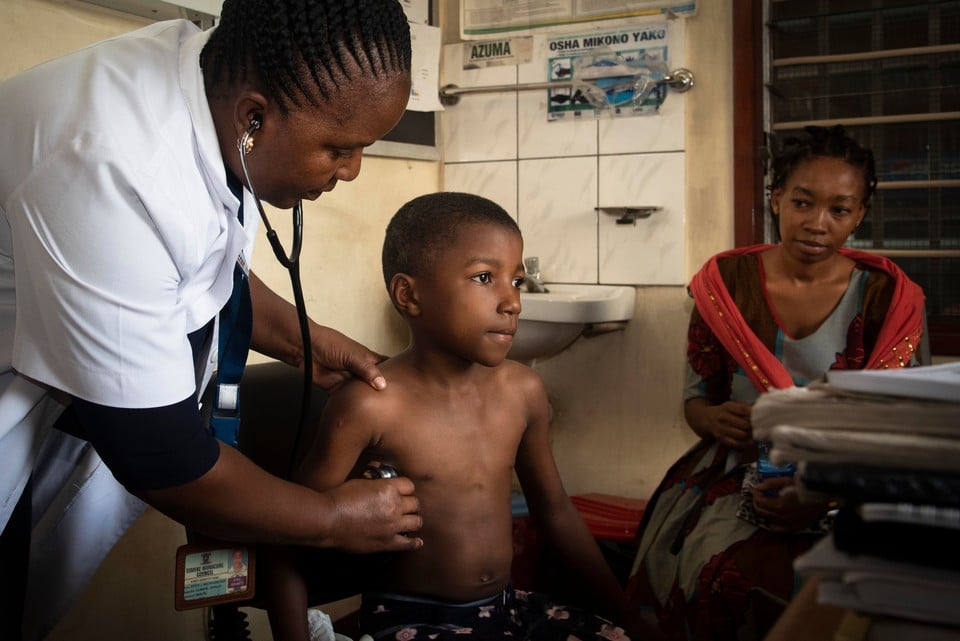
Everyone has a right to life, liberty, and security of person
By maiming and killing innocents, landmines are a direct threat to individual well-being and go against Article 3 of the Universal Declaration of Human Rights, which stipulates that “everyone has the right to life, liberty, and security of person.” Moreover, they are an obstacle to the freedom of movement, which is also a component of our basic human rights.
APOPO and the HeroRATs have freed over a million people from the threat of explosives and continue to have a positive impact on local communities, not only by reducing casualties but also by providing safe access to infrastructure essential to well-being and human development, such as hospitals and schools.
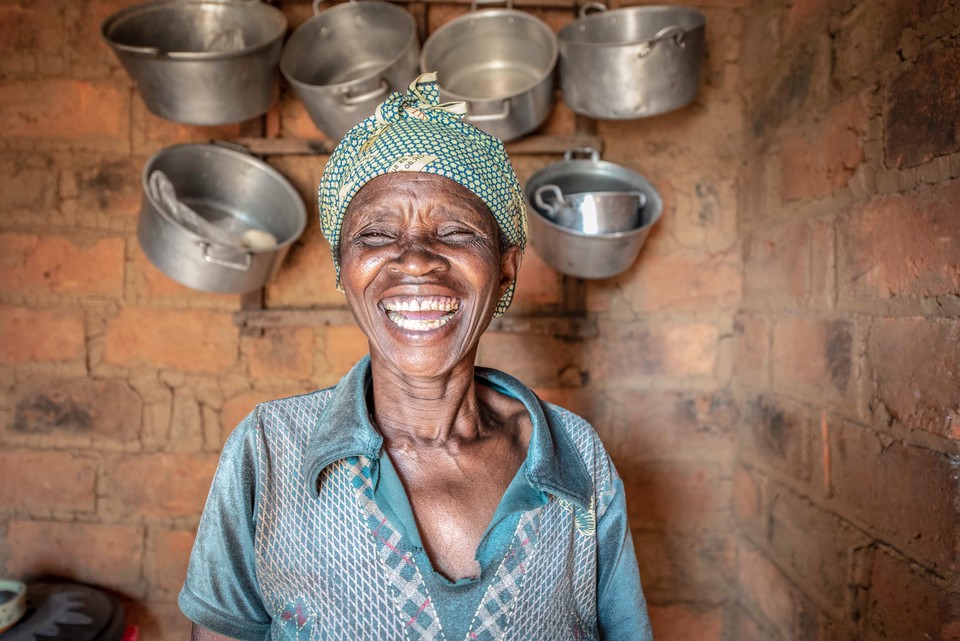
Human Rights and Global Partnerships
Landmines are an obstacle to progress and a burden for communities that are, unfortunately, in many cases, already vulnerable. By working with local government, private sector, civil society, and academia, APOPO promotes the exchange of resources, expertise, and technology, which are crucial for initiating positive change and the achievement of the SDGs.
Strong national, regional and international partnerships in tuberculosis (governments, private sector, academia and civil society) enhance the exchange of resources, expertise, innovation and technology for sustainable development. The ultimate goal of TB elimination requires that appropriate interventions are implemented everywhere, and the underlying drivers are sustainably addressed.
On this International Human Rights Day, let us reaffirm our commitment to eradicating the horrendous damage caused by landmines and tuberculosis whilst promoting respect for human rights, inclusion and gender equality.
You too can create a ripple of change.
APOPO is grateful for the support and generous contributions of all its partners and donors.

